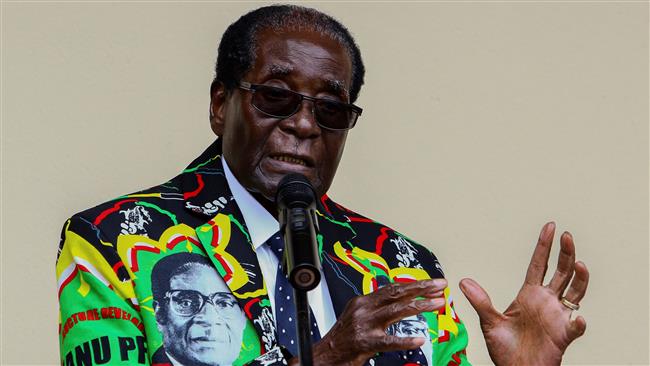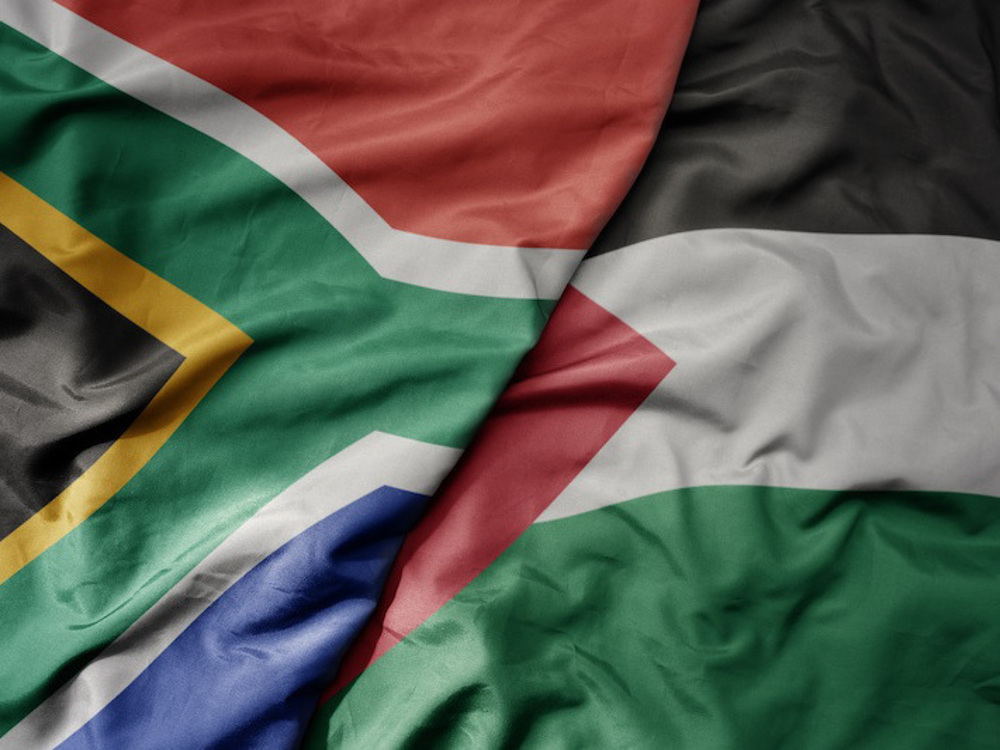Zimbabwe’s Mugabe finally resigns: Parliament chief
Robert Mugabe, the aging president of Zimbabwe, who had resisted a military coup and calls for his resignation for almost two weeks, has finally declared his resignation in a letter sent to the country’s parliament speaker.
Jacob Mubenda said Tuesday that he had received a letter from Mugabe in which the long-time leader had declared his resignation from office.
The parliament erupted in cheers after Mubenda stopped an ongoing impeachment debate against Mugabe and said that the resignation letter received from president was “effective immediately”.
Mugabe, a long-time icon of Zimbabwe’s independence, ruled the country for 37 years.
The 93-year-old had been under house arrest by the army for nearly two weeks, but he resisted increasing domestic and regional calls for him to step down.
The Tuesday announcement effectively ends the concerns that Zimbabwe could be pushed into a civil strife between the camp supporting Mugabe and the followers of Emmerson Mnangagwa, Mugabe’s former deputy whose sacking prompted the army to interfere in the political standoff.
Many feared that Mugabe fired Mnangagwa to position his wife, Grace, to replace him after death.
The Tuesday motion of impeachment against Mugabe was also based on accusations that Grace Mugabe had usurped constitutional power.
Mugabe’s ruling Zanu-PF party said right after the Tuesday resignation announcement that Mnangagwa will take over as the leader of the party within 48 hours. The Zanu-PF had fired Mugabe, calling on him to announce his resignation from presidency until Monday although the embattled leader initially resisted the call.

Mnangagwa had a reputation of being ruthless against dissent when he served under Mugabe. He is commonly known as "Crocodile" and his followers are called Team Lacoste for the brand's crocodile logo. The 75-year-old became vice president in 2014 and was a key figure in Mugabe’s government before that.
Saudi delegation meets HTS leader at presidential palace in Damascus
Relentless Israeli ceasefire violations justify need for self-defense: Lebanese MP
Tel Aviv tells Damascus Israeli forces will remain in occupied territory: Report
Dec. 22: ‘Axis of Resistance’ operations against Israeli occupation
‘Abhorrent’: Oxfam says only 12 trucks delivered aid in North Gaza since Oct.
VIDEO | Leader receives religious eulogists on Hazrat Fatima birth anniv.
Pope Francis slams Israel’s ‘machine-gunning’ of Gaza children
US hostage-taking of Iranian nationals violation of intl. law: Deputy FM










 This makes it easy to access the Press TV website
This makes it easy to access the Press TV website